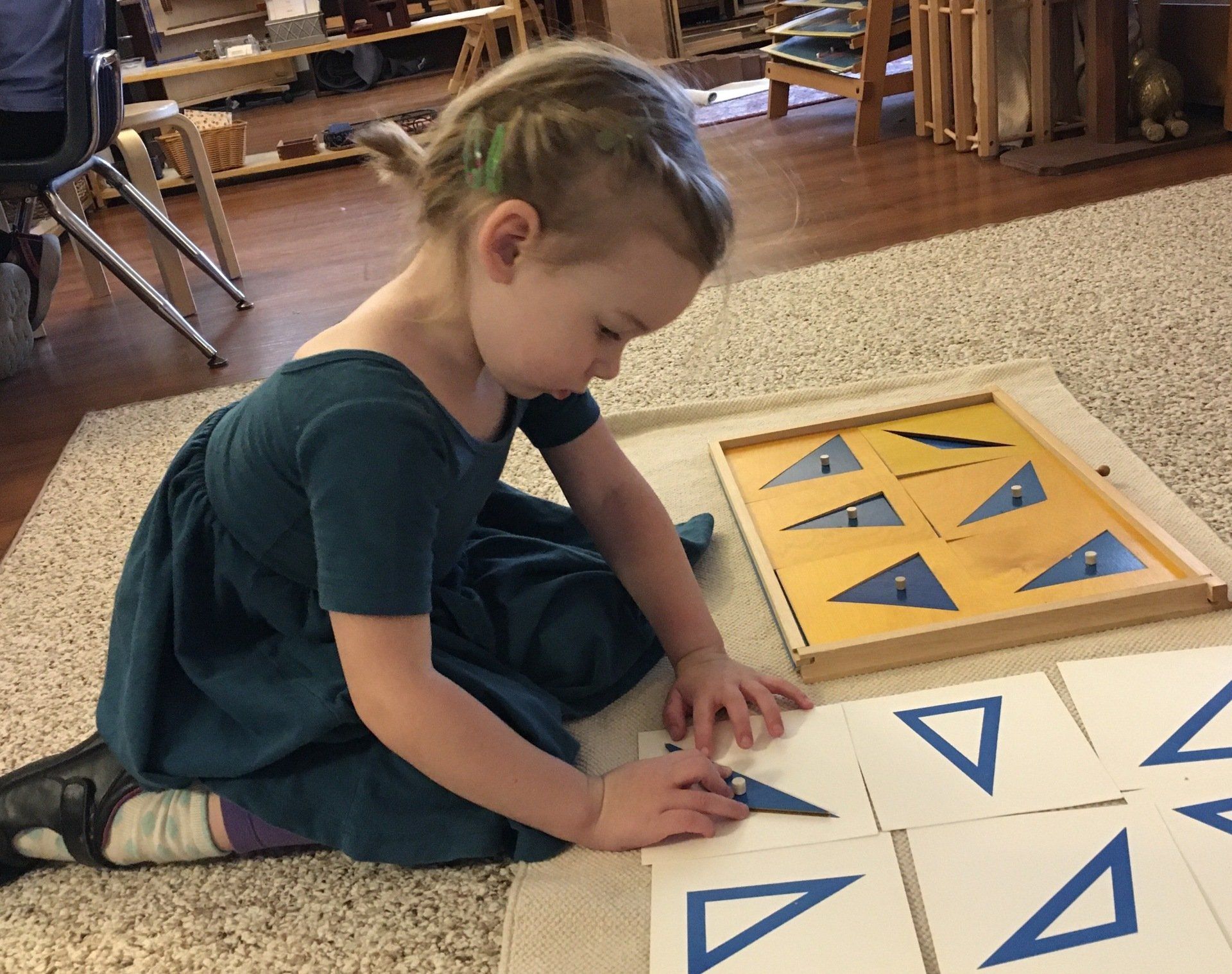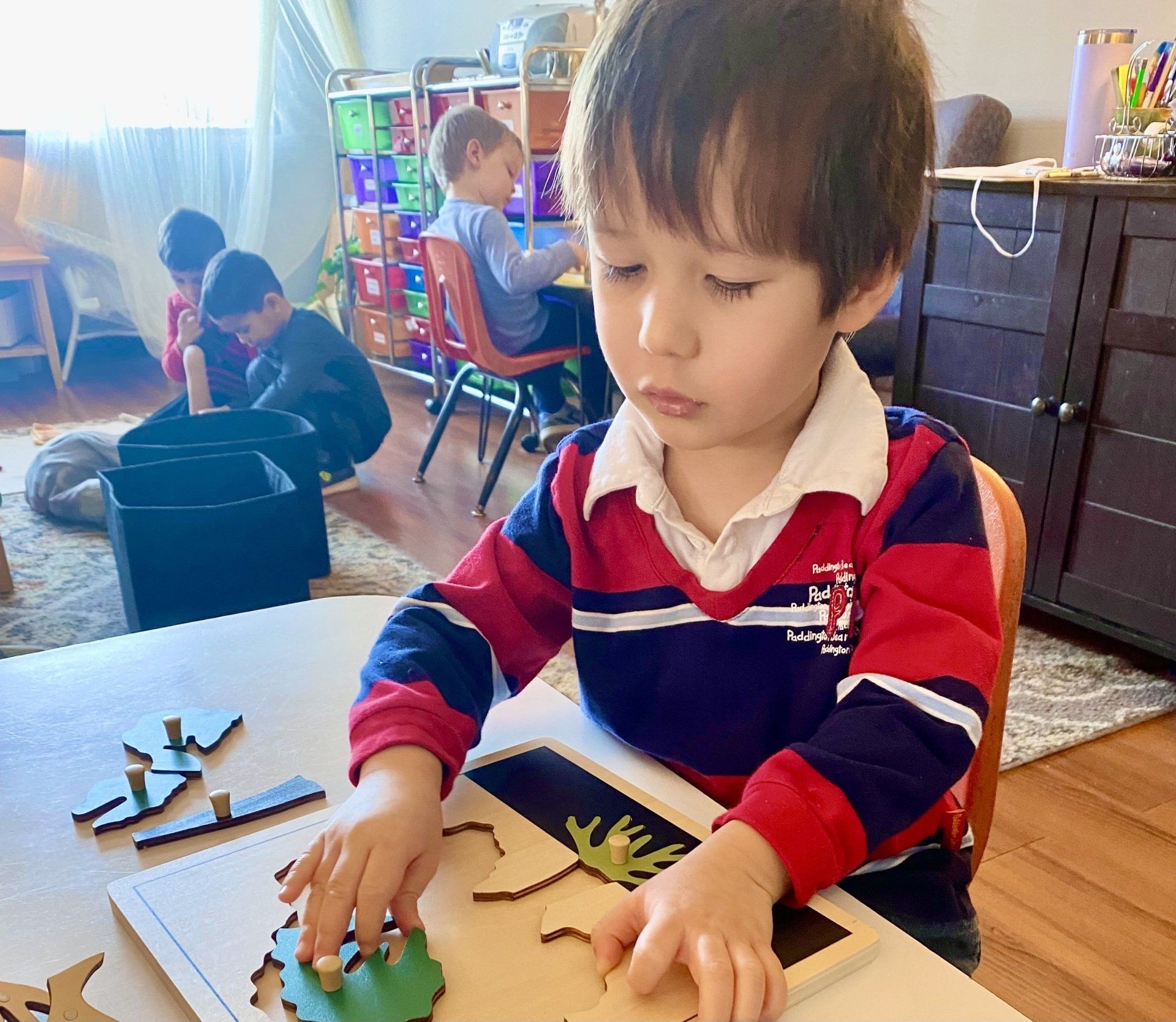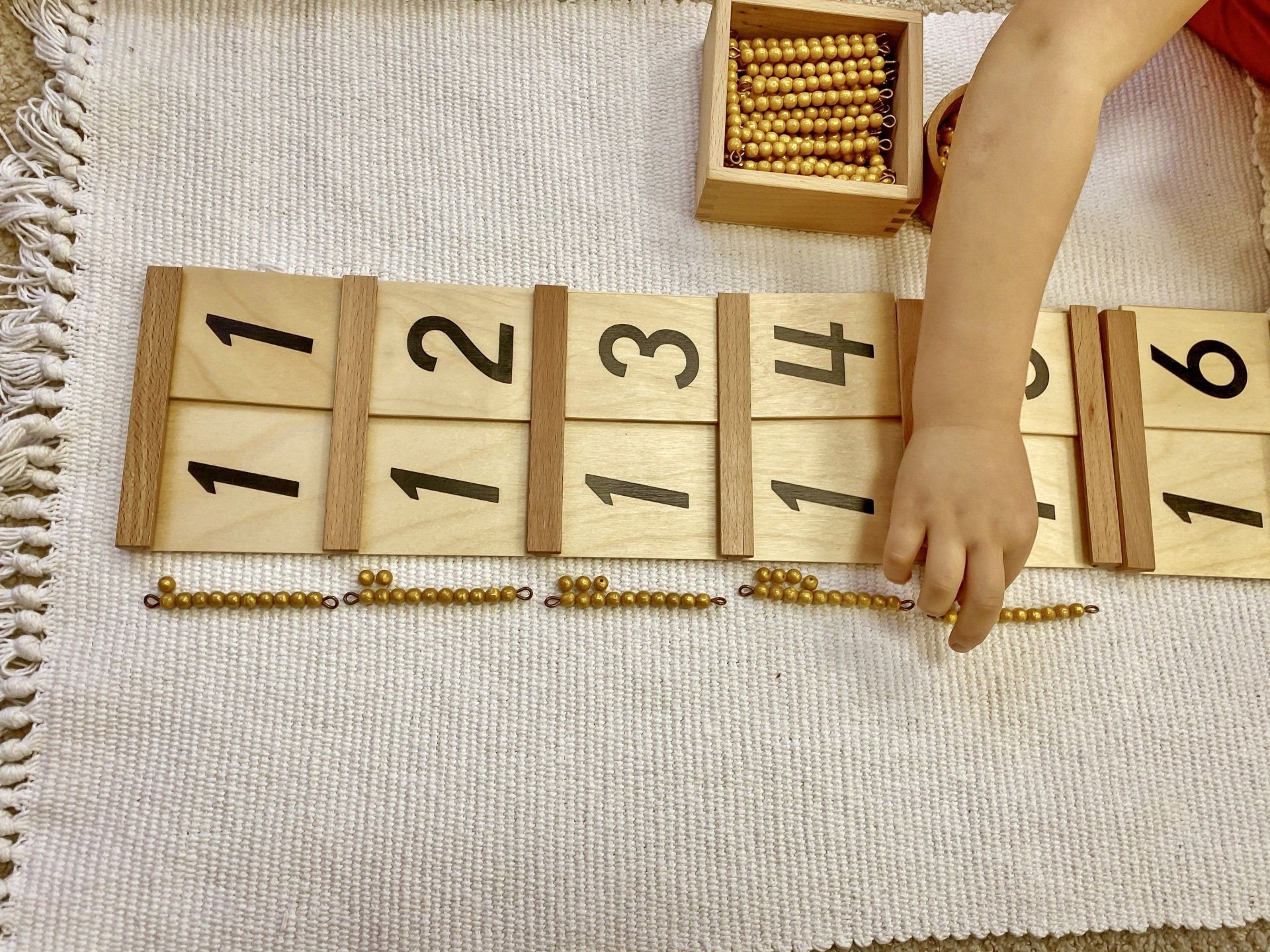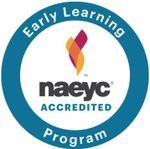
The Advantages of a Montessori Education
Eden Prairie Montessori provides a child-focused, self-paced learning environment for cognitive, social, emotional, and moral development. Traditional classrooms are instructor-centric and involve a general curriculum taught to the entire group at once. For children, this environment is impersonal and often stifles learning, producing inferior developmental and educational outcomes.
Small Group Learning: A Personalized Approach
At Eden Prairie Montessori, we believe that small group learning is essential for fostering a strong foundation in academics and social skills. Our teachers carefully plan and facilitate small group activities to meet the diverse needs of each child.
The Montessori method stands in direct contrast, promoting a child-focused, self-paced learning environment for well-rounded development. Inner learning, discipline, and conceptualization of learning materials are all central to this tried and true philosophy. Through our adherence to the Montessori method, we promote inner discipline, instruction, and feedback from learning materials. Children are then able to self-correct based on previous mistakes and reinforce their progress through repetition and an established feeling of competence.
The Benefits of Small Group Learning
- Individualized Attention: Teachers can provide personalized attention and support to each child.
- Social Interaction: Children learn to collaborate, share ideas, and resolve conflicts.
- Targeted Instruction: Teachers can tailor instruction to address specific learning needs.

Where Peer Learning is Created and Promoted
Our instructors serve as facilitators for learning. Rather than leading classrooms, each instructor prepares age-appropriate Montessori materials and carefully monitors students and their progress.
Each child learns individually and with peers in a mixed age environment. Their peers reinforce positive habits, forming a supportive environment in which students benefit from each other and from working in small partnerships.


Creating Cognitive, Social, Emotional, and Moral Preparedness
Traditional schooling emphasizes social development whereas Montessori school promotes cognitive, social, emotional, and moral development.
Students are more well-rounded as a result, giving them the skills they need for First Grade and all future learning.
How Small Group Learning Works
- Flexible Grouping: Children are grouped based on their interests, abilities, and learning styles.
- Teacher-Led Activities: Teachers guide and facilitate learning through direct instruction and demonstrations.
- Child-Led Activities: Children work together on projects and activities, developing problem-solving and critical-thinking skills.
What Our Parents Say
“I can’t say enough wonderful things about this amazing school. The owner, teachers, assistant teachers…everyone is so loving, caring and eager to work with all their students. My kids have been here for over 2 years and our family will continue for the next 4 years until my last baby heads to Kindergarten."




